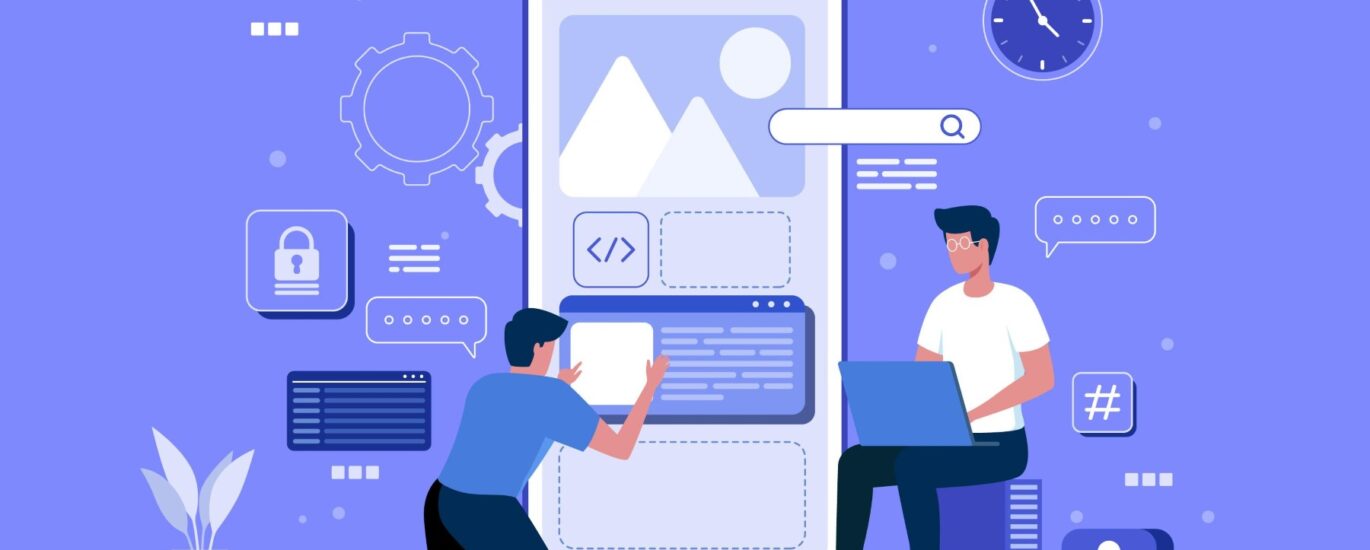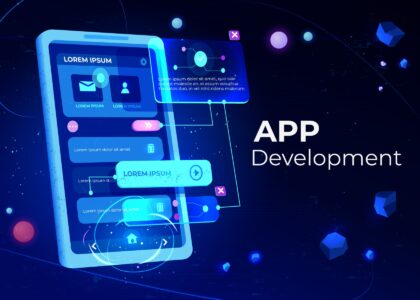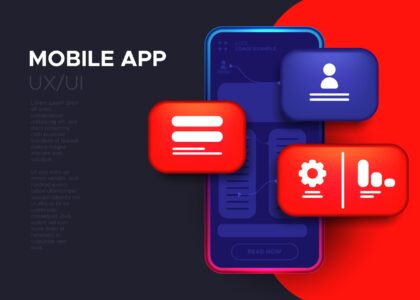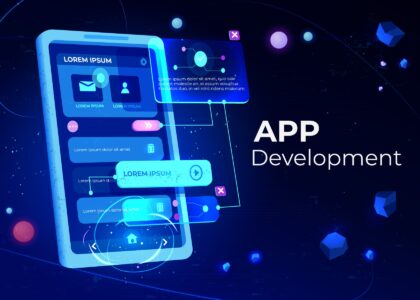In-app purchases (IAPs) are a powerful way to monetize mobile applications, allowing users to buy virtual goods, subscriptions, or premium features directly within your app. Flutter, a popular cross-platform development framework, offers excellent tools to implement in-app purchases effectively.
This guide will walk you through the steps of implementing in-app purchases in a Flutter app, including setup, configuration, and coding.
1. Understanding In-App Purchases
Before diving into implementation, it’s essential to understand the types of in-app purchases:
- Consumables: Items that can be purchased, used, and repurchased (e.g., game credits, tokens).
- Non-Consumables: One-time purchases that don’t expire (e.g., premium features, ad removal).
- Subscriptions: Recurring purchases that provide access to content or features (e.g., monthly premium memberships).
2. Setting Up Your Project
To enable in-app purchases in your Flutter app, you need to configure the app stores and the Flutter project.
a. App Store Configuration
- Google Play Store:
- Create an app in the Google Play Console.
- Configure in-app purchase products in the “Monetize” section.
- Provide product IDs, pricing, and descriptions.
- Apple App Store:
- Create an app in App Store Connect.
- Configure in-app purchase products under “In-App Purchases”.
- Ensure your app’s Paid Applications agreement is completed.
b. Add Dependencies
Add the in_app_purchase package to your pubspec.yaml file:
dependencies:
flutter:
sdk: flutter
in_app_purchase: ^3.0.0
Run flutter pub get to install the package.
3. Implementing In-App Purchases in Flutter
Here are the steps to integrate in-app purchases into your app:
a. Initialize In-App Purchases
Import the required package and initialize the purchase plugin:
import ‘package:in_app_purchase/in_app_purchase.dart’;
final InAppPurchase inAppPurchase = InAppPurchase.instance;
b. Fetch Available Products
Request product details from the app store:
final bool available = await inAppPurchase.isAvailable();
if (available) {
const Set<String> productIds = {'product_id_1', 'product_id_2'};
final ProductDetailsResponse response = await inAppPurchase.queryProductDetails(productIds);
if (response.notFoundIDs.isEmpty) {
List<ProductDetails> products = response.productDetails;
}
}
c. Handle Purchase Flow
Start the purchase flow when the user selects a product:
void buyProduct(ProductDetails productDetails) {
final PurchaseParam purchaseParam = PurchaseParam(productDetails: productDetails);
inAppPurchase.buyConsumable(purchaseParam: purchaseParam);
}
d. Listen to Purchase Updates
Listen for purchase updates and handle them appropriately:
StreamSubscription<List<PurchaseDetails>> _subscription;
void initState() {
super.initState();
_subscription = inAppPurchase.purchaseStream.listen((purchaseDetailsList) {
_handlePurchaseUpdates(purchaseDetailsList);
});
}
void _handlePurchaseUpdates(List<PurchaseDetails> purchaseDetailsList) {
for (var purchaseDetails in purchaseDetailsList) {
if (purchaseDetails.status == PurchaseStatus.purchased) {
// Grant the user the purchased item
} else if (purchaseDetails.status == PurchaseStatus.error) {
// Handle errors
}
}
}
@override
void dispose() {
_subscription.cancel();
super.dispose();
}
e. Verify Purchases
Always verify purchases with your backend server to prevent fraud.
- Google Play Store:
- Use the Google Play Developer API.
- Apple App Store:
- Use the Apple Verify Receipt API.
4. Testing In-App Purchases
- Google Play Store:
- Add test accounts in the Play Console.
- Use internal app sharing or closed testing tracks.
- Apple App Store:
- Create sandbox test accounts in App Store Connect.
- Use TestFlight to test the app.
5. Best Practices for In-App Purchases
- Provide Clear Descriptions: Clearly explain the benefits of each in-app purchase.
- Handle Errors Gracefully: Inform users if a purchase fails and provide troubleshooting steps.
- Respect Refund Policies: Handle refunds appropriately by revoking access to purchased items.
- Ensure Data Security: Protect sensitive information like purchase tokens and receipts.
Final Thoughts
Implementing in-app purchases in Flutter requires proper planning and adherence to app store guidelines. By following this guide, you can create a seamless purchase experience for your users while ensuring security and compliance.
As a freelance developer experienced in Flutter, I can help you integrate in-app purchases effectively. Let’s collaborate to monetize your app and enhance user satisfaction.






